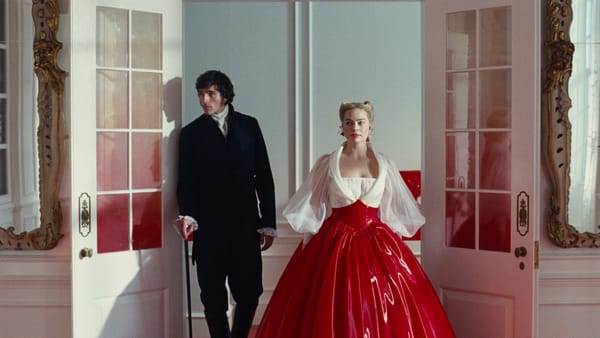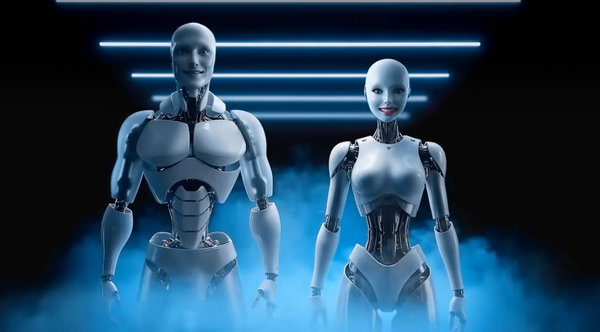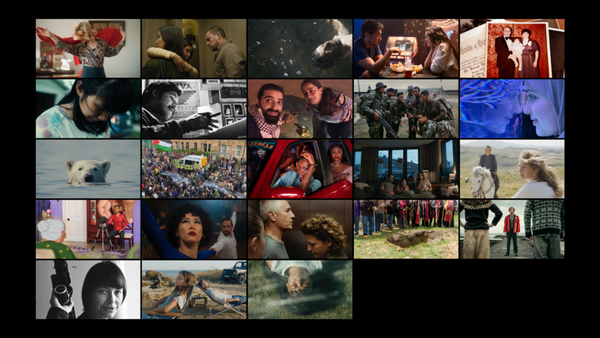‘Wicked: For Good’ Can’t Defy the Musical’s Second Act Problems
John M. Chu’s conclusion suffers from weaker songs and poor pacing.
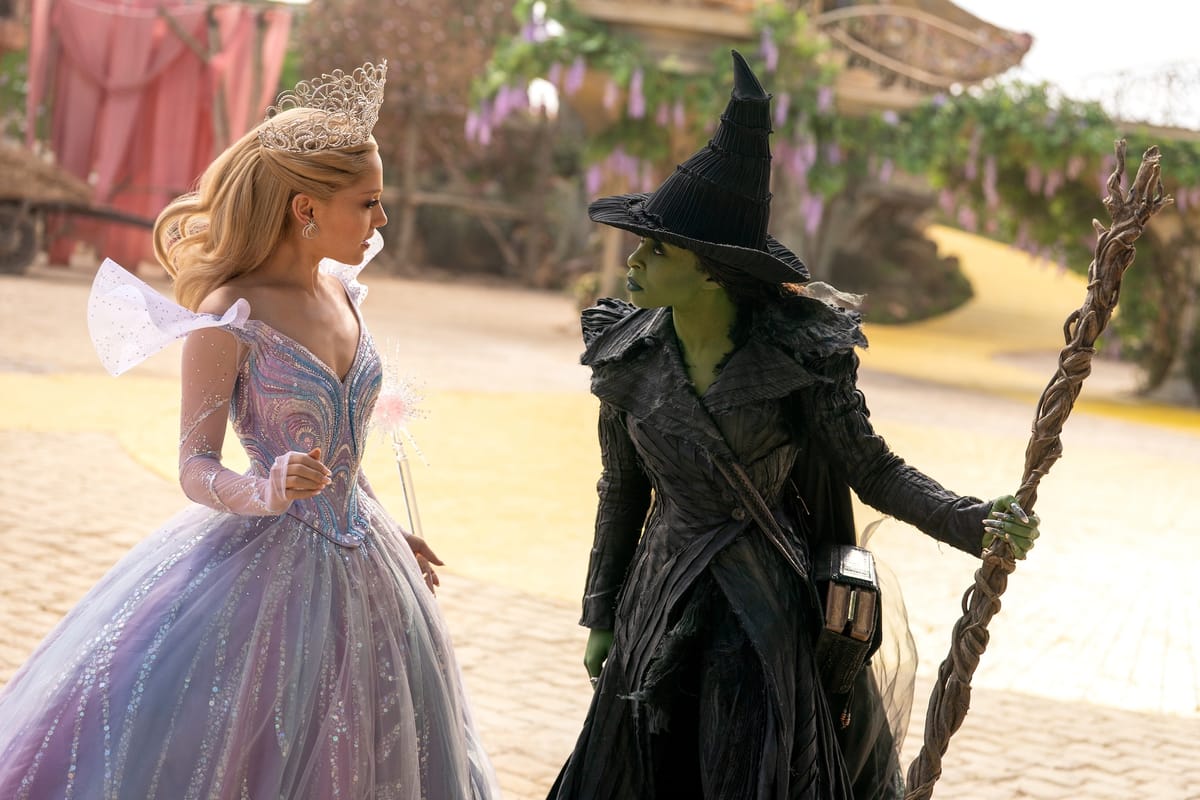
Going into last year’s Wicked, I was skeptical that expanding one-half of the musical to the length of the entire piece would pan out, but was pleasantly surprised that the approach allowed the story and characters more room to breathe. Coupled with the terrific songs and colorful visuals, Wicked won me over in ways that the stage musical couldn’t due to its time and space constraints. Wicked: For Good, based on the musical’s second act, would always be a tougher pitch because it's drawing from weaker material. Unfortunately, expanding the movie to over two hours when the musical's second act is roughly half as long only exacerbates the musical’s issues, making the less memorable songs do more heavy lifting while never alleviating the narrative issues that try to twist pleasant fantasy into sharp satire about good propaganda versus bad propaganda. There are still moments where the story pops, but For Good struggles to recreate the magic of the first movie.
One year after defying gravity, Elphaba (Cynthia Erivo) is now leading a one-woman crusade to liberate the animals (the movie’s analogue for immigrants) and bring down the Wizard (Jeff Goldblum). Meanwhile, Glinda (Ariana Grande-Butera) is now in an uneasy alliance with the Wizard and his right-hand woman, Madame Morrible (Michelle Yeoh), as they seek to villainize and defame Elphaba but allow Glinda to act as a positive beacon for tyrannical goals. This sets the two former friends on a collision course, especially once Glinda sees that her fiancé, Fiyero (Jonathan Bailey), now captain of the guards, still has feelings for Elphaba. As the story pays off conflicts from the first movie, it also starts moving pieces in place to be a prequel to The Wizard of Oz, showing the origins of The Wicked Witch of the East, the Cowardly Lion, et al.
On paper, the plotting of Wicked makes sense in that Act I is the arc of Elphaba’s journey, going from an outsider who believes the Wizard can make her normal to realizing that not only is he a fraud, but that she should embrace what makes her unique and special. Act II is about Glinda’s journey, showing that there can be no truce with authoritarian forces and understanding that she doesn’t need the sanction of the Wizard or Madame Morrible to come into her power. But as it unfolds, you can feel the movie straining under its narrative limits. Elphaba’s journey is pretty much complete, so her efforts in Act II are about futility and frustration, which forces the first hour of the movie to lose momentum. Glinda is “against” Elphaba, but they’re still friends even though Glinda’s employer is encouraging all of Oz to kill her bestie. When we reach the scene where Glinda and the Wizard try to win Elphaba to their side, it’s an understandable temptation, but it also feels like territory we covered at the climax of the last movie.
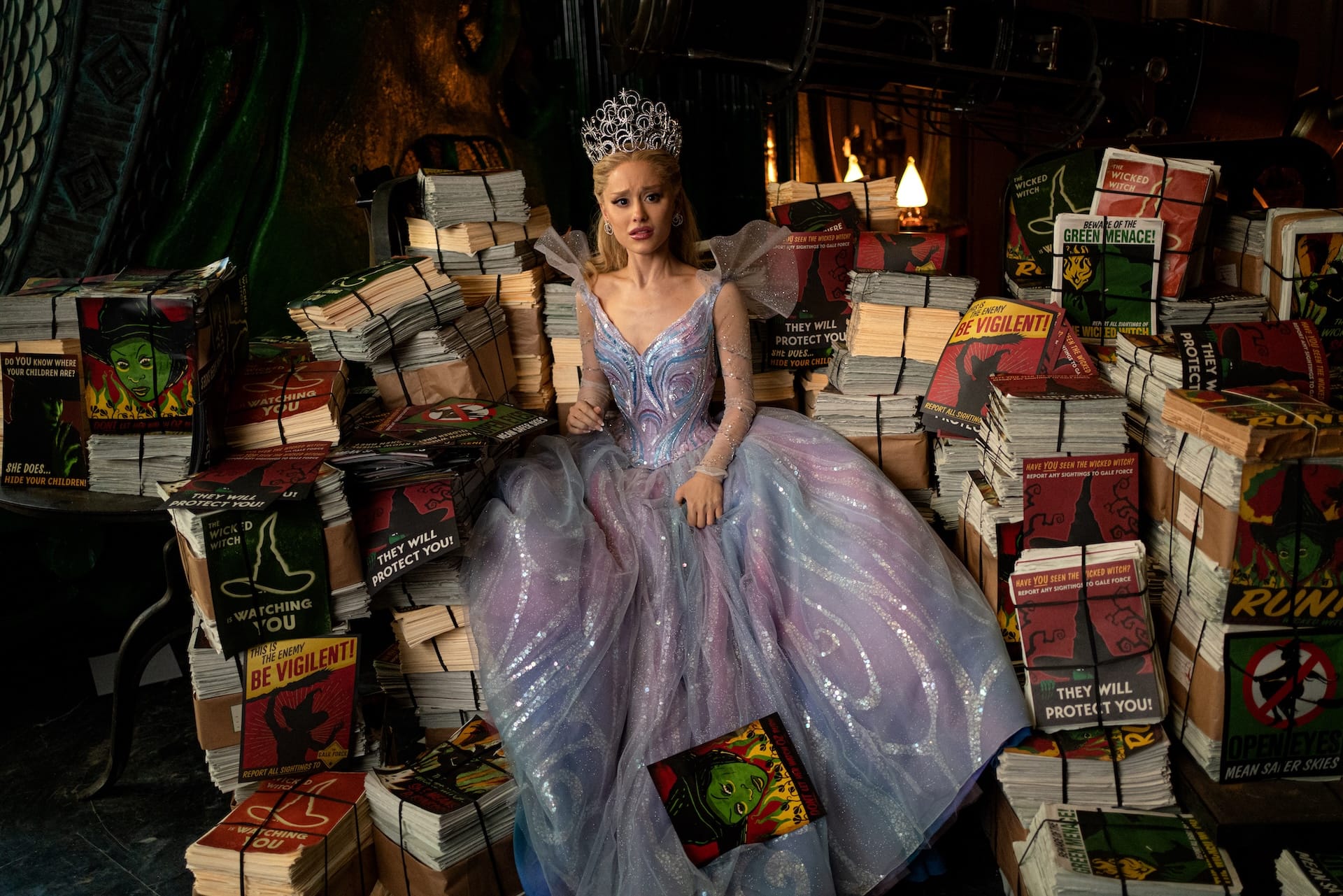
The movie drags through the first hour as we switch between Elphaba’s stalled rebellion and creating pieces of Wizard of Oz lore. The film wants to get some emotional mileage out of Nessarose’s (Marissa Bode) unrequited love for Boq (Ethan Slater); however, their relationship not only feels like a minor key of the unrequited feelings Glinda has for Fiyero, but also pushes Nessarose and Boq to their biggest emotions while constantly winking at the audience with allusions to The Wizard of Oz. That’s always the tricky balance with “You thought you knew the story,” but the closer you get to the events of Wizard of Oz, the more it feels like we’re in the realm of fan fiction rather than a playful reimagining, as the movie refuses to really interrogate or upend L. Frank Baum’s book. Nessarose and Boq cease to be characters and instead serve as placeholders in a familiar narrative.
Once the movie kicks into gear, For Good feels like it’s at a breakneck pace to hit every payoff, never taking the time that made the first film feel like a richer experience. Instead, we’re hitting major emotion after major emotion, strung together by songs, and character motivations become brittle. Part of this is because the plot spins its wheels with Elphaba, but the other part is that we’re now in Glinda’s story and trying to work through her arc. That arc also feels clumsy despite Grande-Butera’s best efforts because you need more time to get into the psychology of someone who sees themselves as a peacemaker while allowing evil to thrive. The “we’re all friends here” mentality is believable, but it also feels like the movie is too skittish about the darkness of its politics to see Glinda’s selfishness as a real character flaw rather than a quirk to overcome.
By rushing through its emotional beats, For Good loses the texture it needs for a distinct identity. Instead, we have characters fondly looking back on the good times they had in the first movie while the audience looks ahead at references to The Wizard of Oz, and all that’s left in For Good is a mushy pile of political allegory coupled with only a couple of memorable songs (“No Good Deed” and “For Good”). There’s no opportunity for an impressively choreographed number like the first movie’s “Dancing Through Life,” and even though “No Good Deed” is well-rendered, CGI flying monkeys can’t compare to human dancers. The artifice of Oz swallows up everything when the actors have fewer chances to shine.
The popularity of the first movie likely locked in the plot of the sequel, as do the songs, which can’t be changed or rearranged. However, given the expanded runtime, I hoped that, in between the songs, we would get a little more insight or layers with these characters that a one-hour stage production couldn’t allow. Instead, Wicked: For Good labors under the unfortunate decisions of its musical predecessor, going through the motions but struggling to find a spark.
Wicked: For Good opens in theaters on November 21st.
Matt Goldberg is a film critic who lives and works in Atlanta. If you enjoyed this review, check out his newsletter Commentary Track.
